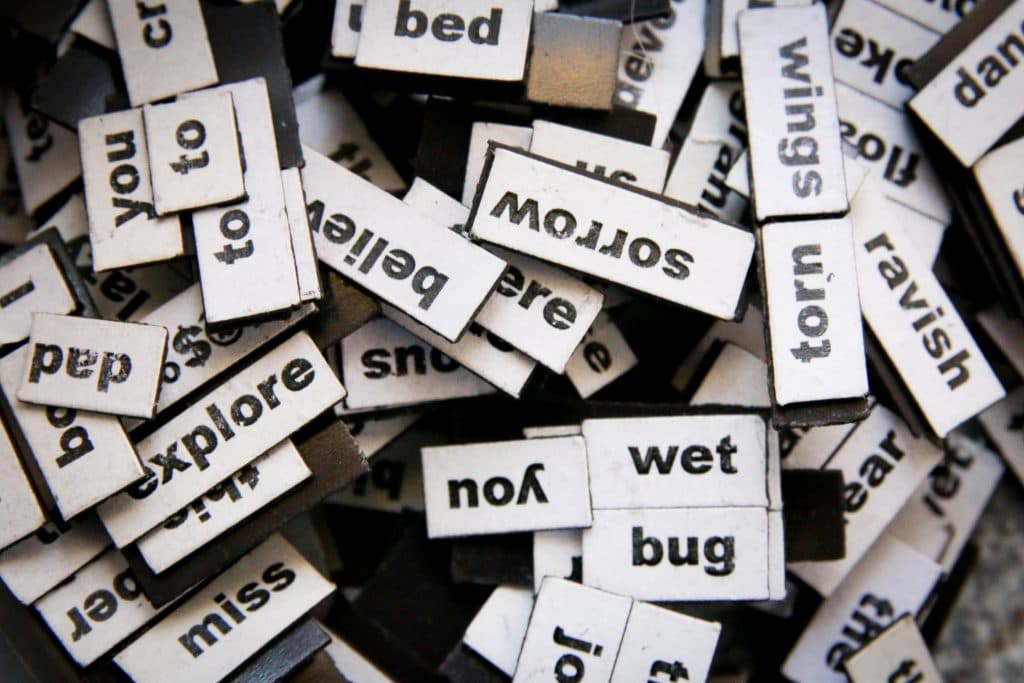Homographs are words that have the same form but have different meanings. That means that they look or are spelled the same. But depending on the context in which they are used, they mean differently.
Homographs can be one of the most confusing things to encounter if you are not a native English speaker. You may be reading an article or a book, then you see a word you thought you knew the meaning of. But in what you are reading, it does not make any sense!
The best way to master homographs is to understand their different meanings so that they make sense when you come across them in different texts. Here are 14 homographs that you are likely to run into, the different meanings they can take, and examples of how they are used for each definition.
Address

As a noun, address refers to (1) the particulars of a place where someone or something is situated. It can also mean (2) a formal speech delivered to an audience, such as announcing, presenting, etc.
As a verb, address can be defined as three different things: (3) to write the name and address of an intended recipient of a letter, package, etc., (4) to speak to a person formally, or (5) to think about and deal with an issue or problem.
Examples:
- I need the address of Uncle Tom, so I know where to send the mail.
- The president gave his State of the Nation Address last week.
- Mary addressed the letter to Troy, her new pen pal.
- I always address my professors with respect; I often call them “Sir” or “Ma’am” when talking to them.
- We found three issues on the website that we need to address.
Balance

Balance as a noun can mean (1) the even distribution of the weight of an object, (2) a condition where elements are equal in proportion (e.g., stability of one’s mental health), (3) the apparatus for weighing, or (4) a figure (number) that represents the difference between credits and debits in an account.
As a verb, balance can be defined as (5) keeping something in a steady position, so it does not fall, (6) comparing the value of things, or (7) comparing debits and credits to make sure they are equal.
Examples:
- You have to keep your balance so that you do not fall.
- People must keep a good balance between work and their personal lives.
- She placed the objects on balance to see if they both weigh the same.
- You still have a balance of $34 in your account.
- I watched a lady on television balance an apple on her head for five minutes straight!
- You have to balance the pros against the cons of taking this project.
- Every year, our accountant has to balance the books to make sure all of our finances are correct.
Content
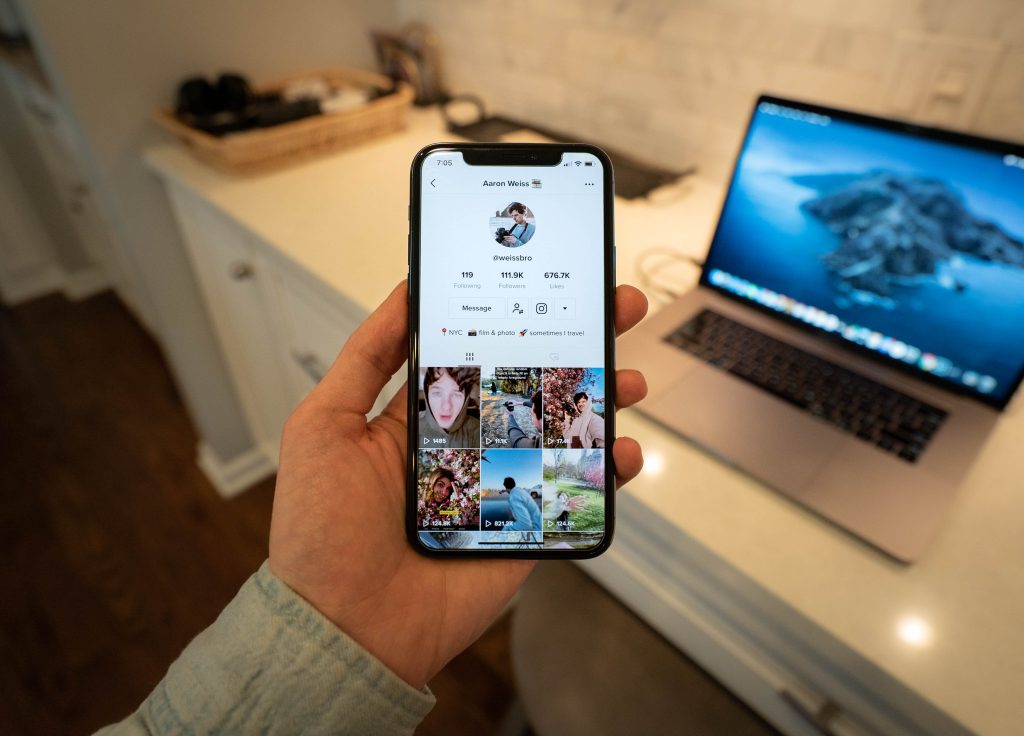
As a noun, content means (1) the substance of a website, article, etc., or (2) something that is contained (usually as “contents,” i.e., in plural). It also refers to (3) the state of being contented or satisfied as an adjective and (4) the action of appeasing one’s desires into contentment as a verb.
Examples:
- There is a lot of free content online.
- She threw away the contents of her bag after her hand lotion spilled all over everything.
- Hannah is perfectly content with her life in the country.
- The group contented themselves with a big dinner and a couple of drinks.
Date

Date can refer to (1) the time something happens, (2) an appointment to meet at a specific time (or to set such an appointment), usually in a romantic sense, or (3) to mark with a date as defined by (1).
Examples:
- May 12, 2007, is a special date for me because it was the day my father came home from the military.
- I have a date with the girl I met at the coffee shop the other day.
- The package was dated September 5th, so delivery was very slow.
Even

The word even can mean (1) having a horizontal surface or (2) being equal or fair. It is also often used as an adverb to emphasize different sentences by stressing (3) an unlikely instance or (4) a comparison.
Examples:
- I do not think the table is even because my keys keep slipping.
- There was an even split of responsibilities within the team.
- The task is so simple even a toddler can do it.
- Carrie did an even better job than Perry.
Just

Just, as an adjective, means similar to (1) right or fair, especially in the moral sense. As an adverb, it is used the same way as (2) exactly, (3) very recently, (4) by a little, or (5) only.
Examples:
- We aim to live in a just and democratic society.
- This cake is just what I needed to be in a good mood.
- She just left the cafe before you arrived.
- Marcel won the competition by just five points.
- We went out for drinks just because Angela wanted to.
Lead

To lead means to (1) cause someone or something to move by your guidance or (2) to have the top place in a competition. As a noun, it can refer to (3) the chief part in a play or movie, (4) the leash that is used to guide pets, or (5) the metal that is commonly found in pencils.
Examples:
- The usher will lead you to your seat.
- My team was led by five points before our star player was taken out because of an injury.
- Tessa is playing the lead in the play: Lady Macbeth.
- Polly bought her dog’s new leads so they could walk in the park again.
- My parents always warned me to be careful of the lead-in pencils.
Minute
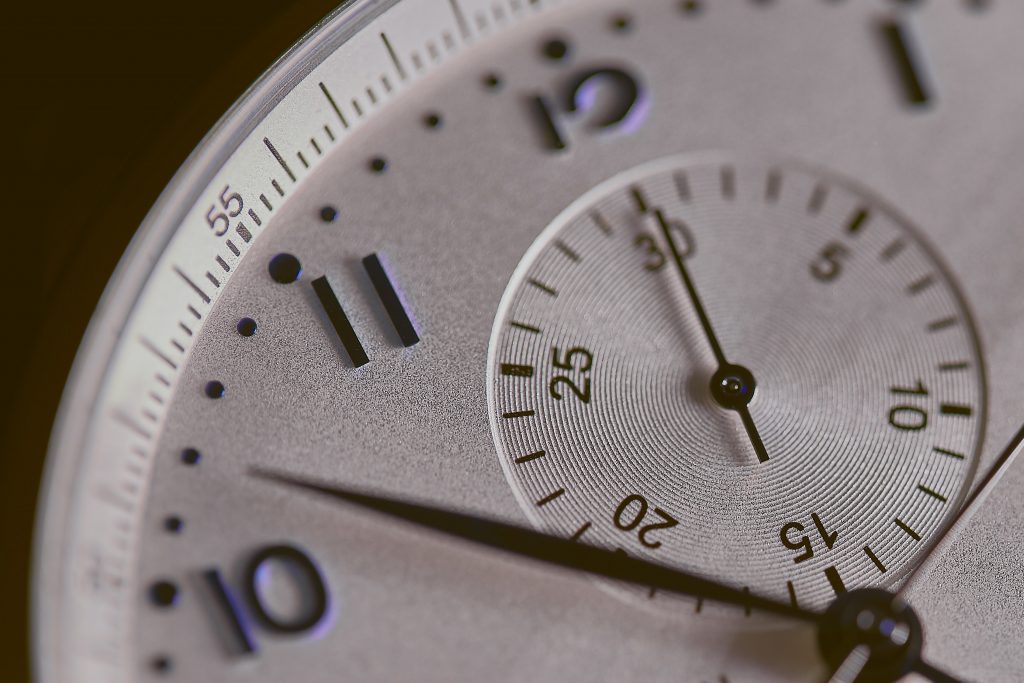
The word minute is often associated with time, referring to (1) a period of sixty seconds in an hour. But it can also refer to (2) a summarized record of the proceedings in a meeting. As an adjective, it also means (3) extremely small (in this way, it is pronounced as “my-nyut”).
- Give me thirty minutes to get ready.
- Bree is the secretary, so she is in charge of taking down the minutes of the meeting.
- There is a very minute chance that Ella will move to Europe.
One
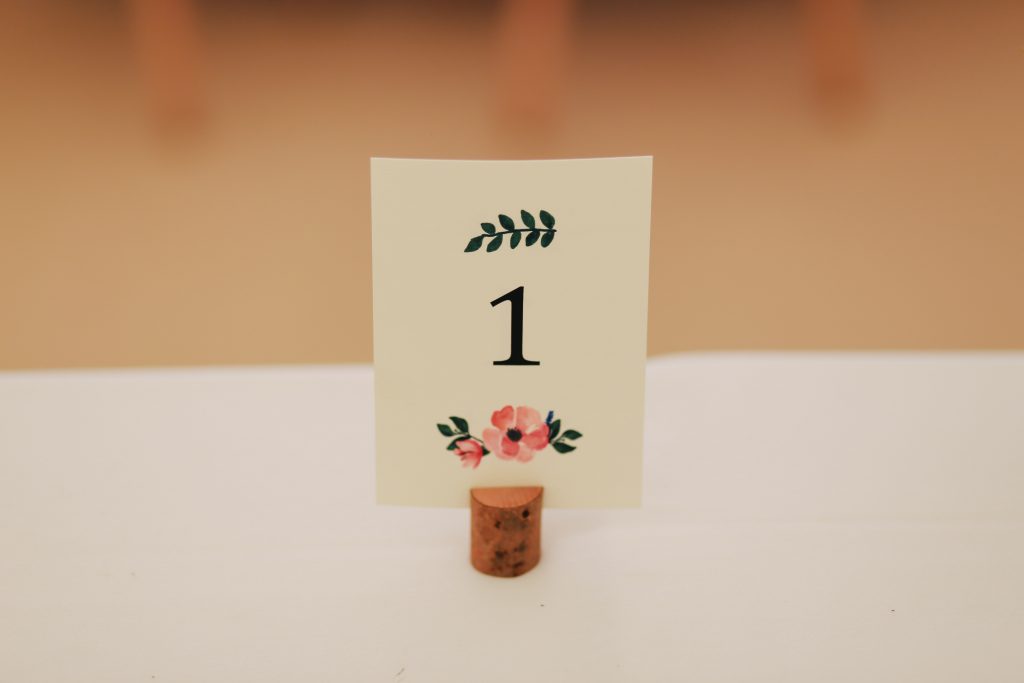
One is (1) the first number in the cardinal system. But the word can also be used as an adjective to describe something that is (2) unified.
Examples:
- Greg has one daughter and one son, so two children in total.
- We are one team, and we must play like it!
Play

Play is a verb that means (1) to engage in an activity for enjoyment and recreation, (2) to take part in a sport, or (3) to perform a musical instrument. But it can also be a noun that refers to (4) a theatrical work for the stage.
Examples:
- The kids are playing in the garden.
- Pedro plays basketball every afternoon at the gym.
- Jenna plays the harp very beautifully.
- My wife and I will watch a play called “The Family” tonight at our local theatre.
Record
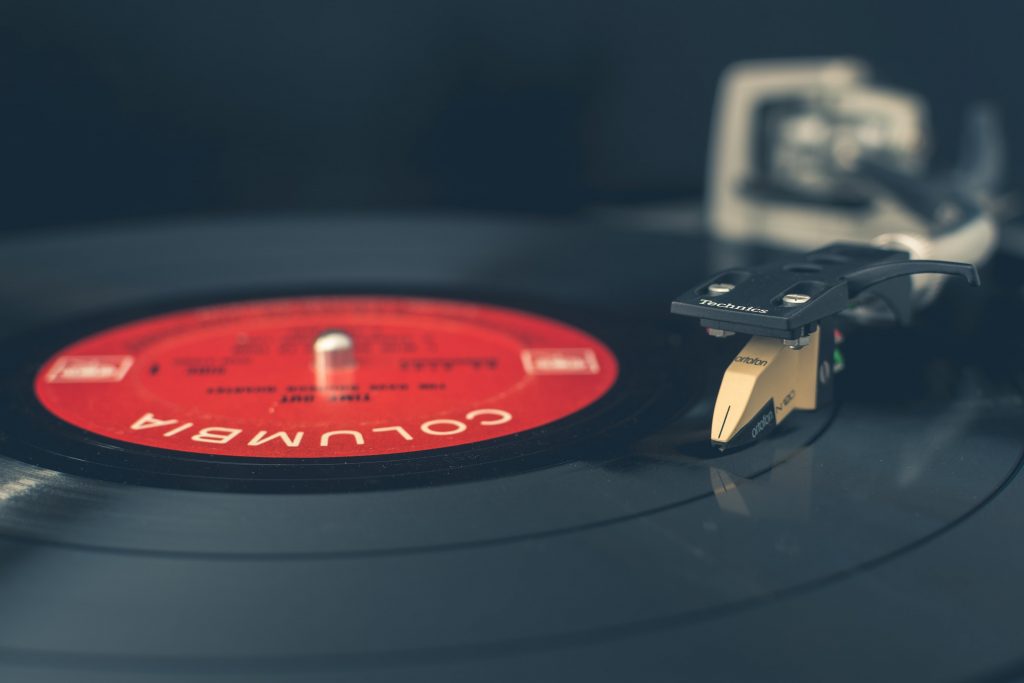
The noun record refers to (1) a thing that holds evidence of the past or (2) a thin disk that carries the music. On the other hand, as a verb, record means (3) to set everything in writing or (4) to convert sound into permanent form, particularly for later reproduction.
Examples:
- My mom keeps a record of all my school achievements in a neat scrapbook.
- I found a record of Michael Jackson’s album in my parents’ things.
- The stenographer records everything that has been said in the courtroom then prints them out later on.
- We recorded my grandfather’s voice and placed it in a music box for my grandmother.
Sign

As a noun, the word sing refers to (1) an object or event whose presence indicates the occurrence of something else or (2) a gesture used to convey information. As a verb, sign means (3) to use actions to convey a message or (5) to affix one’s signature.
Examples:
- My boyfriend gives me gifts as a sign of his love.
- There is a sign that says, “Do not cross..”
- She signed to me saying that she wanted to leave.
- Please sign at the bottom of the page to give your consent.
Top

The word top can refer to (1) the highest point of something, (2) a lid, cover, or cap, or (3) a traditional spinning toy. It can also mean (4) the highest position if used as an adjective. Top can also be used as a verb, meaning (5) to be more than or (6) to provide with a topping (i.e., in cooking).
Examples:
- My lifelong dream is to reach the top of Mount Everest.
- Remember to put the top on the jar before you place it in the fridge.
- My grandmother gave me her old top, and I have just been spinning it the whole day.
- Mr. Roberts is the top boss at the company, so we have to treat him with the utmost respect.
- She topped the list of examinees this year.
- Ollie topped the cake with some icing and sprinkles.
Watch

To watch means (1) to look at or observe something for a long time. But it can also refer to (2) a small timepiece typically worn on one’s wrist.
Examples:
- Would you like to watch a movie with me?
- I am giving my brother a new watch for his birthday because he is always late!
Homographs can be confusing. But it can be made easier with the right guidance from a teacher. LingualBox, a one-on-one English tutoring platform, has many professional tutors who can help you master the English language. Book a class today to get started!
